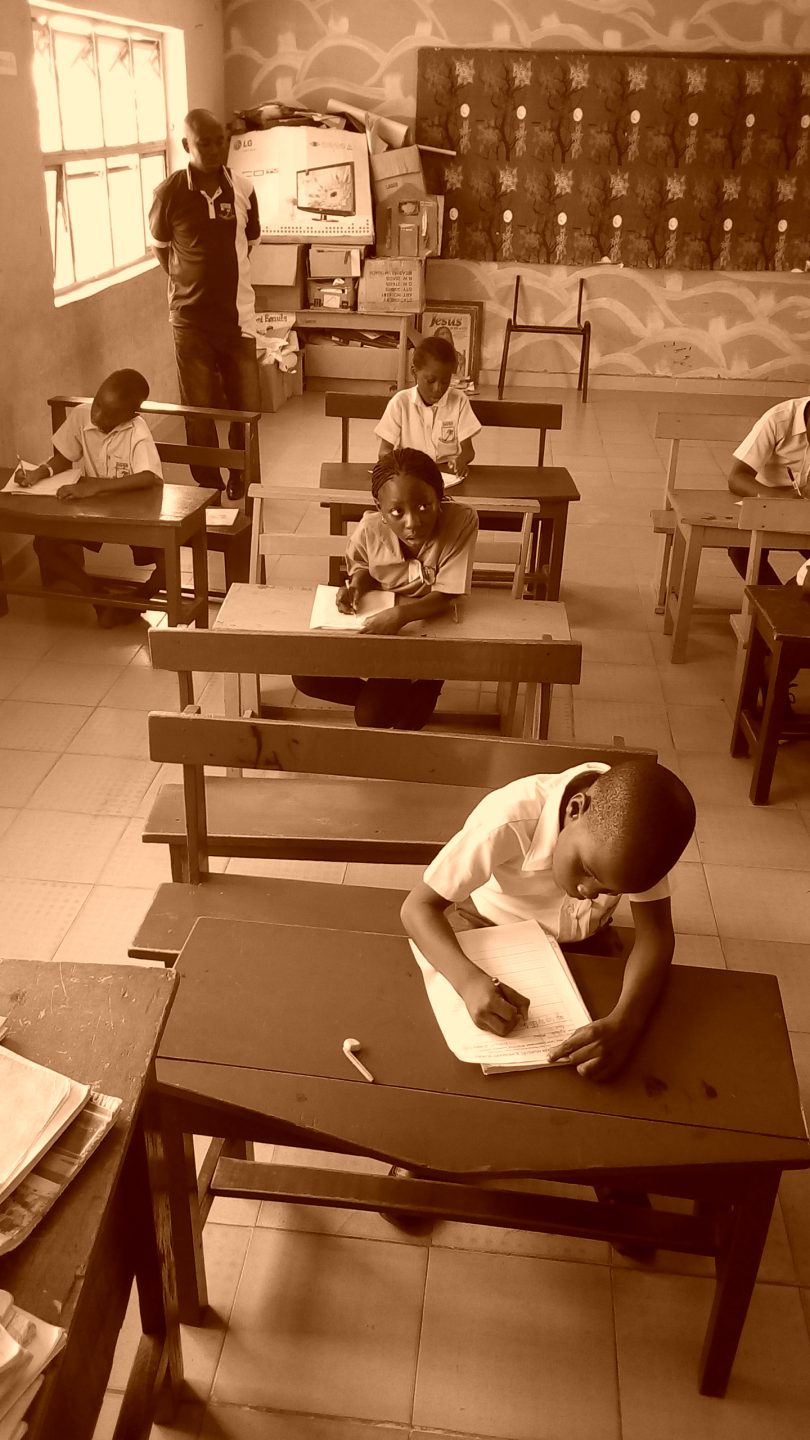By Janelle Cox
The role of a teacher is to use classroom instruction and presentations to help students learn and apply concepts such as math, English, and science. Teachers prepare lessons, grade papers, manage the classroom, meet with parents, and work closely with school staff.
However, being a teacher is much more than just executing lesson plans. In today’s world, teaching is a multifaceted profession; teachers often carry the roles of a surrogate parent, class disciplinarian, mentor, counselor, bookkeeper, role model, planner, and many other related roles.
Elementary school teachers play an important role in the development of students. What students learn in their formative years can shape the men and women they will become.
The Third Parent
The role of a teacher is clearly more than just planning and executing lesson plans. In some senses, because the teacher spends so much time with the students, she or he can become the student’s third parent. Teachers can be a constant positive role model for their students, particularly for children that lack a solid family foundation.
Of course, the teacher’s role as a semi-parent depends to a large extent on the age and grade of the children they teach. The kindergarten teacher develops basic skills in her children that are necessary to excel and progress to the next year, while a teacher in the intermediate grades teaches specific information about a particular subject.
A Teacher’s Role in Today’s World
Teachers’ roles today are considerably different than they used to be. Teachers were once issued a specific curriculum to teach, and a set of instructions on how to teach it, using the same methods for all students. In today’s world, a teacher’s role is quite multifaceted. Their job is to counsel students, help them learn how to use their knowledge and integrate it into their lives so they will become valuable members of society. Teachers are encouraged to adapt learning methods to each individual student’s learning, to challenge and inspire them to learn.
The modern teaching profession is also about taking on broader roles to promote education. Teachers often:
• work with politicians, colleagues, and community members to set clear and obtainable standards for their students
• participate in the decision making that helps to deal with the problems that affect the students’ learning; and
Teachers Duties
Duties of elementary school teachers include:
• Planning lessons that teach specific subjects, such as math, science, and English;
• Teaching lessons in whole-group or small-group configurations;
• Assessing and evaluating student’s abilities, strengths, and weaknesses;
• Preparing students for standardized tests;
• Communicating student progress to parents;
• Developing and enforcing classroom rules;
• Supervising children in extracurricular activities (such as lunch, playground);
• Conducting in-class activities; and
• Planning field trips.
Teacher Standards
In the United States, standards for teachers are set by state and federal law and supported by state and national teacher organizations such as the National Education Association and the American Federation of Teachers. In addition to regularly scheduled parent-teacher conferences and open-houses, many schools have parent-teacher organizations, in which parents have an opportunity to discuss their concerns about the roles of teachers in schools today.








